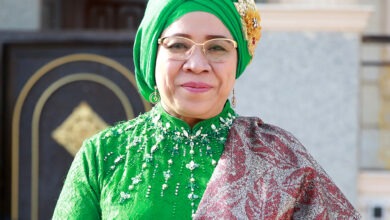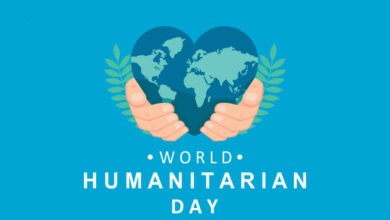
Coffee consumption in Kuwait continues to surge, with forecasts showing the market could expand from $728 million in 2024 to more than $953 million by 2030.
Kuwaitis consumed about 10,000 tons of coffee in 2023, a figure expected to climb to 11,000 tons by 2028. The average Kuwaiti consumes 3.7 kilograms of roasted coffee annually, ranking second in the Gulf after Oman, Al-Qabas reports.
Cafés in Kuwait have become more than just places to buy coffee — they are now cultural and social icons. Local brands, often started by young entrepreneurs, focus on creating full experiences through design, social media presence, and storytelling. Many cafés have successfully shaped consumer culture, influencing fashion, language, and lifestyle trends in Kuwait.
The Netherlands, Switzerland, and the UK supply over half of Kuwait’s roasted and decaffeinated coffee imports, followed by Italy, the UAE, and Saudi Arabia.
On the export side, 60% of Kuwait’s coffee goes to the UAE, 19% to Qatar, and 9% to Saudi Arabia. While exports remain limited, Kuwait’s coffee industry is expanding, with export prices averaging $10,590 per ton in 2024.
By May 2025, Kuwait hosted over 1,115 cafés, with 73% independently owned, mostly by young Kuwaitis. Hawalli leads in café density with 332 outlets, followed by Ahmadi with 293.
Despite the rapid expansion, café owners face challenges such as market saturation, rising costs, shifting consumer tastes, weak digital presence, and sustainability pressures. Concepts like pet cafés and digital cafés highlight the sector’s ongoing innovation.
Follow The Times Kuwait on X, Instagram and Facebook for the latest news updates













